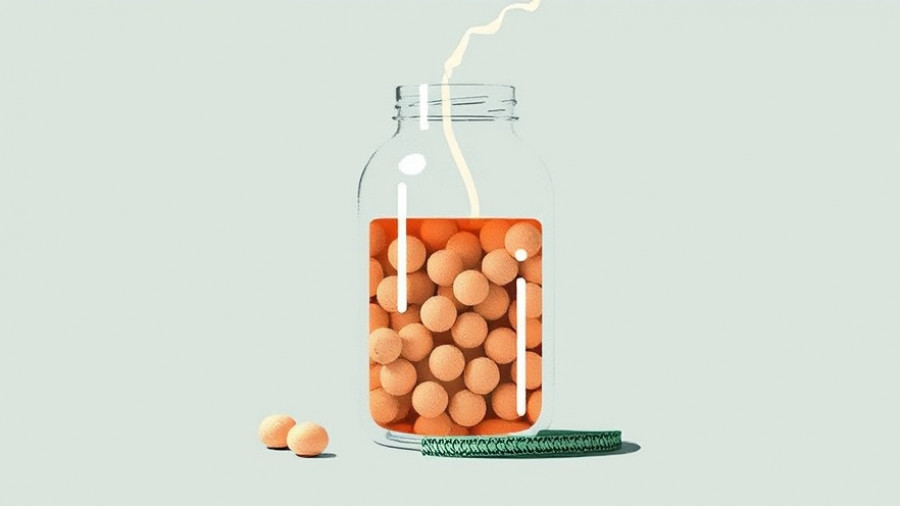
Exploring the Intersection of Humor and Seriousness in Animal Testing
The new documentary titled How to Make Drugs (and Feel Great About Everything) takes a comedic approach to an otherwise somber topic—animal testing in pharmaceuticals. This fascinating juxtaposition opens up dialogues about the ethical implications of drug development and the often unseen suffering of animals involved in experimentation.
Filmmakers Zephyr and Keegan Kuhn, along with physician Aysha Aktar, challenge the conventional narrative surrounding animal experimentation. They argue that humor can be a powerful tool to illuminate harsh realities, making it easier for audiences to engage with uncomfortable subjects. The film acts as a catalyst for reflection, encouraging viewers to reconsider their perceptions of scientific progress and its moral backdrop.
The Real Cost of Animal Testing
Similar to the shocking revelations in Bad Medicine: The Human Cost of Animal Experiments, How to Make Drugs pushes the audience to question if the pursuit of progress in science justifies the ethical toll it takes. Both films highlight the misconception that animal testing is an irreplaceable step in medical advancements. For instance, Dr. Frances Cheng’s research has shown a recurring theme: treatments effective in animal models often fail in human trials due to significant physiological differences. This begs the question—are we clinging to outdated practices in the name of progress?
The Voices Behind the Change
In alignment with the perspectives presented in Test Subjects, a documentary featuring former doctoral students, we see how academia's expectations shape the narratives around animal experimentation. These personal stories expose the pressure that aspiring scientists face when their institutions emphasize traditional methods, often at the cost of innovative, humane alternatives. Researchers like Dr. Amy Clippinger and Dr. Emily Trunnell, who advocate for non-animal testing methods, exemplify a burgeoning movement towards ethical scientific practices.
Changing Perspectives: The Role of Documentaries
Documentaries not only inform but also inspire action. As the audience immerses themselves in the humor and seriousness intertwined in these narratives, they're prompted to reflect on their own choices as consumers and advocates for animal welfare. Screening opportunities, like those promoted by the film's website, provide platforms for community discussions about animal rights and ethical scientific practices.
Actionable Steps for Advocates
For those looking to contribute to change, knowledge is power. Awareness campaigns surrounding documentaries such as How to Make Drugs can create ripple effects, fostering an environment where compassionate treatment of animals becomes prioritized in research. Viewers can also engage with organizations like PETA, who are actively working to challenge the status quo in scientific testing.
As these films gain traction, the responsibility shifts to us as informed consumers to demand better practices from pharmaceutical companies and research institutions. Education is a pivotal tool in dismantling outdated systems that exploit animals for human benefit.
Conclusion: Laughing Towards a Better Tomorrow
The blend of humor and serious commentary seen in How to Make Drugs (and Feel Great About Everything) serves as an effective means to engage audiences with the pressing issue of animal testing. By facilitating important discussions and inspiring collective action, we can strive for a future where medical advancements do not depend on the suffering of other sentient beings. Connecting with this content can empower many to join the movement for ethical science and compassionate living.
 Add Row
Add Row  Add
Add 




Write A Comment